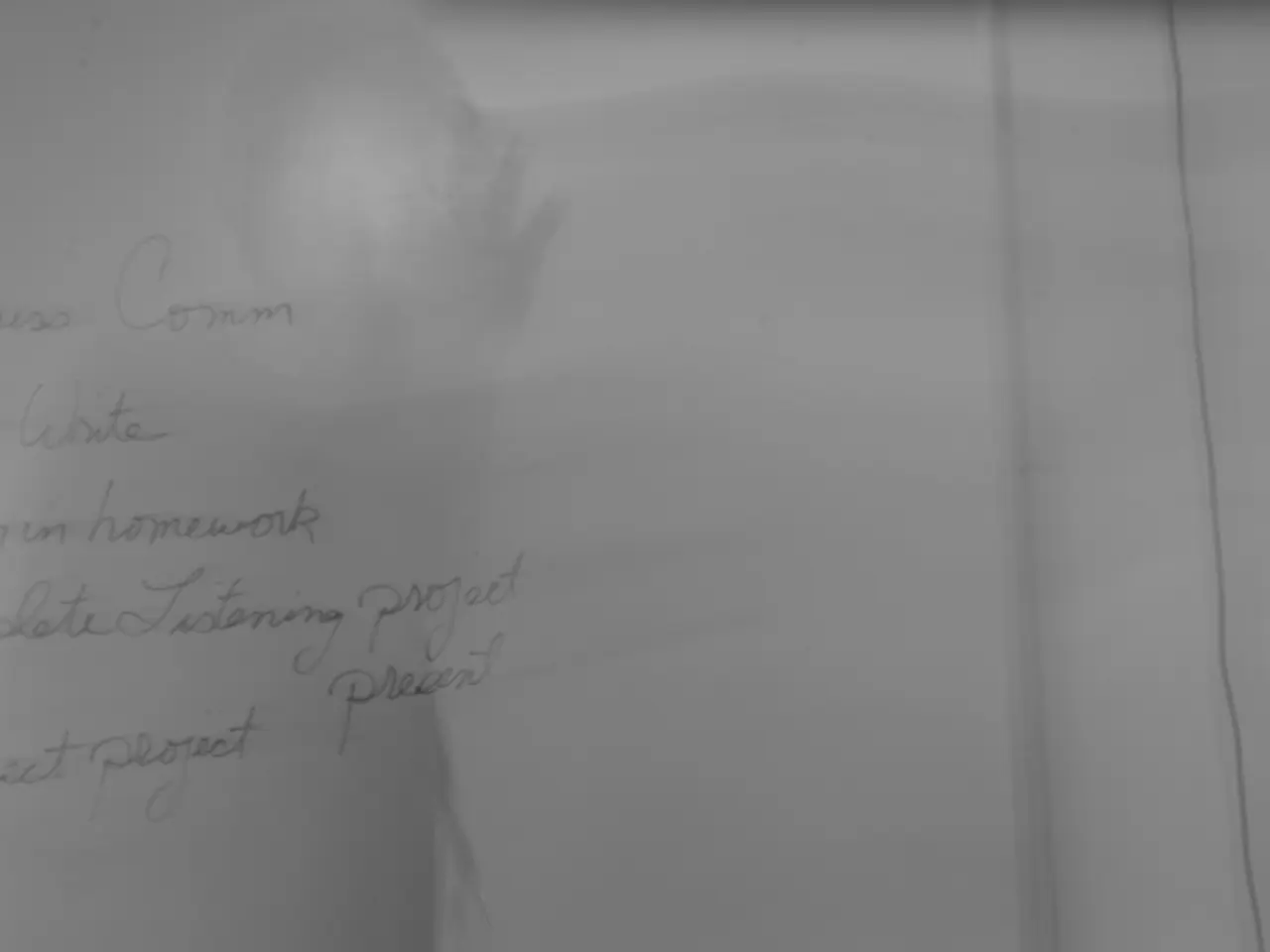Examining Challenging a Last Will and Testament: Lawful Reasons and Procedures
============================================================
In the United States, the legal process and potential outcomes of contesting a will can vary significantly from state to state, primarily due to differences in probate laws, deadlines for filing contests, grounds for contesting, and potential consequences.
Different states set varying time limits for contesting a will after probate begins or after notice of probate is received. For example, in Florida, a will contest must generally be filed within 90 days of notice of probate, though exceptions exist if notice was not properly given. In contrast, Texas allows a will to be contested before probate or up to 2 years after it has been admitted to probate, with some exceptions.
Common grounds for contesting a will include lack of testamentary capacity, undue influence, fraud, improper execution, or forgery. These general grounds apply in many states but may be defined or proven differently by local laws and courts.
Probate court procedures also differ, including whether a will contest must be filed in a specific probate court, how notice is provided to interested parties, and what evidentiary standards apply during the contest. Many wills include "no-contest" (in terrorem) clauses aiming to deter litigation by threatening disinheritance or nominal recovery if a contest is filed. The enforceability of these clauses varies, with some states strictly enforcing them and others allowing exceptions.
Outcomes of contesting a will can include the will being invalidated in whole or part, parts of the will being rewritten by the court, or the original will being upheld. If a will is invalidated, intestacy laws or previous valid wills govern distribution. In some cases, the contest can trigger criminal prosecution, such as if the will was intentionally destroyed or altered.
Since will contests can be emotionally charged and legally complex, states may have differing standards on required procedures, burdens of proof, and rights of heirs and beneficiaries, necessitating local legal expertise.
Mediation and alternative dispute resolution (ADR) are increasingly favored in will contests as viable methods for resolving disputes without extended litigation. These methods provide a platform for disputing parties to communicate openly, fostering an atmosphere conducive to negotiation and compromise. Contesting a will often incurs various legal fees and costs, including hourly rates, flat fees, and contingency fee arrangements. In certain circumstances, individuals may recover some of their legal fees when contesting a will.
The statute of limitations, the legally prescribed time frame within which one must contest a will, varies by state. Professional mediation may further aid in addressing emotional challenges, fostering an environment conducive to healing while maintaining familial relationships amidst the complexities of contesting a will. In some jurisdictions, if a contestant prevails, they may be entitled to recover their legal fees from the estate.
Navigating emotional and family dynamics in contesting a will can be challenging due to the profound emotional and family complications that often arise. Contesting a will is a legal challenge of a deceased individual's last testament. Variations in legal standards across states can impact the ease or difficulty of successfully contesting a will.
Witnesses play a pivotal role in contests surrounding a will, as their testimonies can substantiate the validity of the will and the testator's intent. Each state has its own unique statutes that provide specific grounds for contesting a will, such as lack of testamentary capacity, undue influence, or improper execution.
In conclusion, the process of contesting a will is a complex and state-specific endeavour. It is essential to consult local statutes and probate court rules for precise processes and deadlines. Mediation and ADR are increasingly favored as viable alternatives to extended litigation, and contingency fee arrangements can help alleviate upfront financial burdens for those contesting a will.
- In the realm of finance, understanding the intricacies of probate laws and the legal process of contesting a will can help individuals make informed decisions when it comes to business and estate planning, particularly as it relates to education-and-self-development.
- As many aspects of contesting a will, such as the statute of limitations and the application of no-contest clauses, vary significantly by state, it is crucial for those interested in finance and business to seek legal advice from professionals who specialize in both their specific state's probate laws and education-and-self-development, ensuring a comprehensive understanding of the process.




